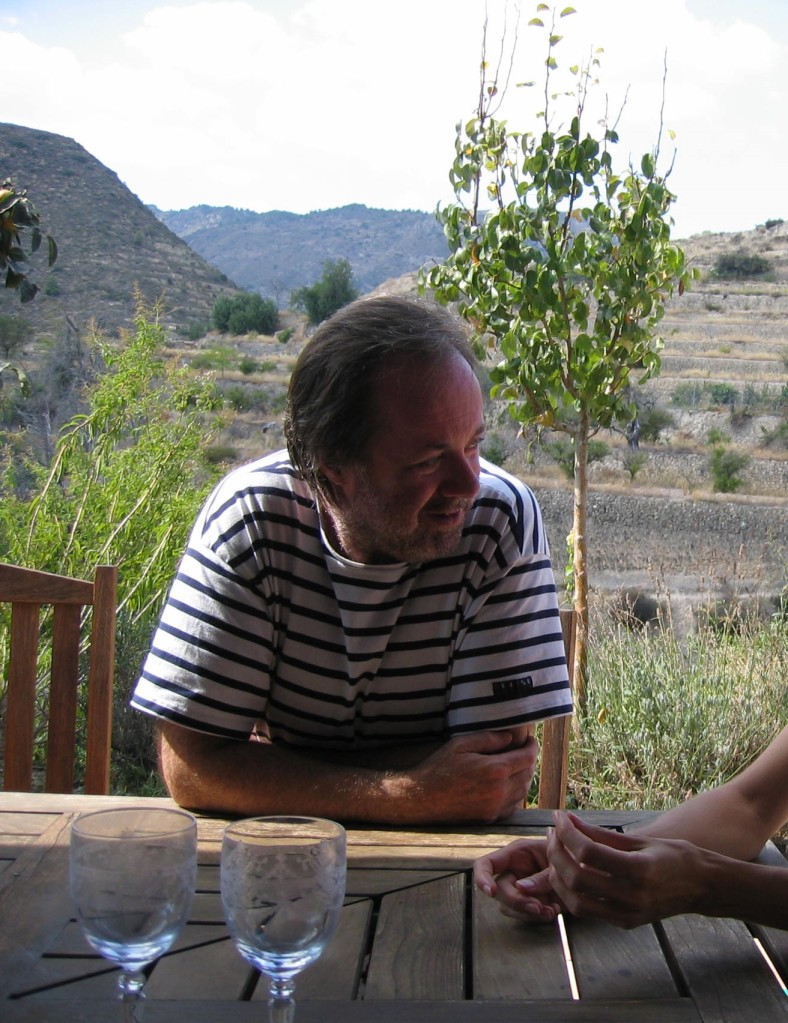
When I saw a post by ‘Albert’ on Twitter with this quote by L S Lowry: Had I not been lonely I would not have seen what I did, it reminded me of this poem by Matthew Sweeney. A fine ekphrastic poem that moves beyond description, as it enters into dialogue with the artist about their work.
I have a few ekphrastic poems that need expanding in some way, so I’m going to do some research and explore how I could incorporate the artist’s own words into those poem. Is this something you might do with your own writing? If you’re a painter, photographer, sculptor, do poems inspire you?
Here are the two parts of Matthew Sweeney’s poem Dialogue with an Artist
Matthew died in 2018, his poems are still with us.
Dialogue with an Artist
THE LONELY
Incorporating the words of L.S. Lowry
I used to paint the sea, but never a shore,
and nobody was sailing on it. It wasn’t even
the sea, it was just my own loneliness.
It’s all there, you know. It’s all in the sea.
The battle is there, the inevitability of it all,
the purpose. When I switched to people
they were all lonely. Crowds are the
loneliest thing of all, I say. Every individual
in them is a stranger to everyone else.
I would stand for hours in one spot
and scores of little kids who hadn’t had
a wash for weeks would group round me.
Had I not been lonely, none of my work
would have happened. I should not have
done what I’ve done, or seen what I’ve seen.
There’s something grotesque in me and I
can’t help it. I’m drawn to others who are
like that. They’re very real people. It’s just
I’m attracted to sadness and there are some
very sad things. These people are ghostly
figures. They’re my mood, they’re myself.
Lately, I started a big self-portrait. I thought
I won’t want this thing, no one will, so
I went and turned it into a grotesque head.
MEMO TO LOWRY
You’re right, there are grotesques who shine
a dark light that lures us like how the sirens
tried to lure Odysseus, and yes, maybe we
ourselves are among the grotesques, but
there are also the beautiful who, if we’re
lucky, save us from ourselves, and validate
the sun’s light, and maybe also the moon’s.




